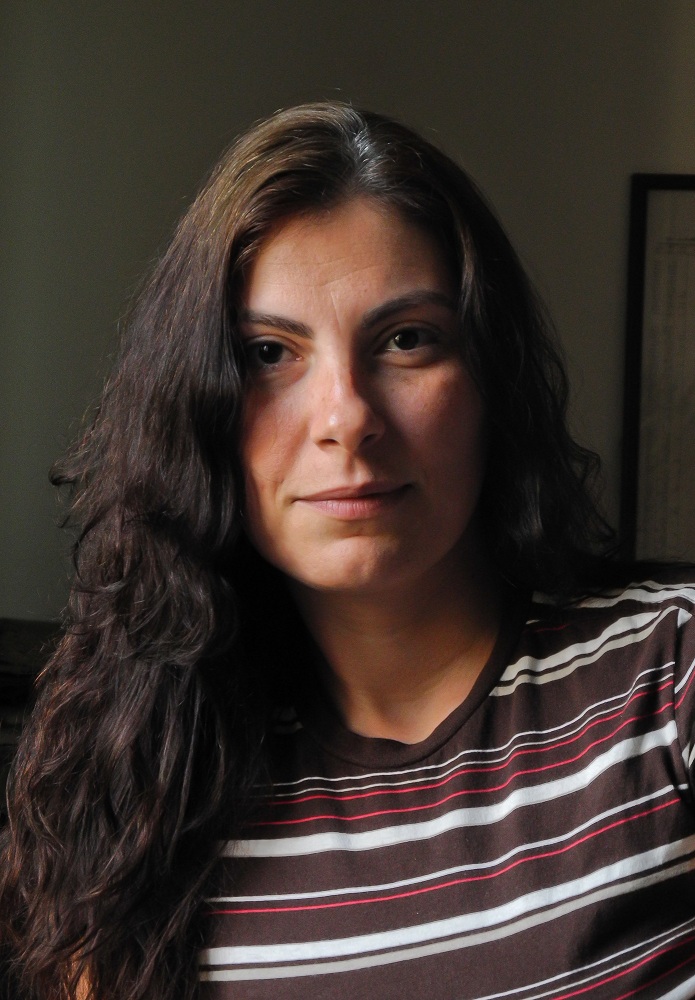
By Johannes Amin Makar
For some time, a bit of an insane mind seemed requisite for one to enter the presidential race in Egypt. Various indicators contradicted a fair battle, and for many, contesting Al-Sisi had everything of a nutty business. The sanity claim appeared to be honoured when the little credible Mortada Mansour announced his bid in April. In the end, however, leftist politician Hamdeen Sabahy was left alone with Al-Sisi, as Mansour cited obstructing the “signs of God” as a reason for pulling out of the race. As widely anticipated, the results of the elections eventually selected Al-Sisi as the chosen president. Still, the question remains, what drove Sabahy into this dicey bet?
On 8 February, Sabahy announced that he would run for president in the impending elections. At a press conference then, the political veteran framed his bid as a decision of “a citizen”, and called his efforts a “battle of the revolution”. Holding a candle to the revolutionary cause, from the start, Sabahy distanced himself from his competitor and former military chief, Abdel Fattah Al-Sisi.
In his further discourse too, the leftwing politician sustained this line of attack. Whereas Al-Sisi mainly built his premeditated speechmaking on the happenings of 30 June, Sabahy repeatedly reverted to Egypt’s revolutionary fountainhead, the 2011 uprising. “If it were not for the 25 January Revolution, there would be no 30 June” he had said. Likewise, Sabahy reintroduced his slogan “one of us”, which he had earlier used in the presidential elections that followed the ouster of Hosni Mubarak. Though his chances were virtually nonexistent, Sabahy’s decision to throw himself into this competition was not completely reckless.
By mid-May, Sisi’s electoral offense had absorbed no less than EGP 12m. Sabahy then only spent EGP 100,000 on his campaign. Speaking on his limited funding, Sabahy’s promotional director Maheeda Zaki said: “The campaign prefers to spend any donations on popular press conferences where Sabahy can address Egypt’s poor and marginalised”. Positioning himself as a modest politician and an ordinary citizen, just one out of 80 million Egyptians, the left-winger turned his most apparent weakness into a strength.
The 59-year-old politician did not limit himself to Egypt’s many a marginalised. Taking on the mantle of a progressive democrat, Sabahy addressed the revolutionary youth, who he had previously joined on Tahrir Square. He openly disputed the military’s invisible hand in the country’s politics, and criticised the controversial Protest Law. And, whereas Al-Sisi spoke of the need for finding “a balance” between “freedoms and the interest of national security”, his opponent unmistakably stated that “human rights and freedoms” would be “fully respected” during his presidency.
Suicidal as his bid might have appeared to many, the spotlights of the recent elections allowed Sabahy to reinstate his public image subtly. In this capacity, the leftwing politician has taken a small, though significant step back from his earlier support for the military takeover, and re-established himself as a full-blooded dissident politician and a servant of the popular cause.
Supplementing his long track record as an oppositional figure who served in both elections, and co-founded movements such as Kefaya and the National Salvation Front, Sabahy also ensured that he is the only constant variable in Egypt’s revolutionary narrative. A righteous cause that he, with an eye on the future, might see as a third way, out of the rugged mountain pass and the state-Islamist divide.
Though, the outcome of the presidential race trampled the self-proclaimed Nasserist, different numbers have started to speak in favour of his campaign. Not only has a recent report exposed that frustration is growing sturdily, the electoral turnout too, showed that Al-Sisi’s support base is less solid than expected. And, similar to the 2014 constitutional referendum, a great proportion of the electoral shirkers was formed by the youth, an ever-vital player for propelling the country in whatever course. For now, however, it remains to be seen whether Sabahy is able to control any form of an oppositional front in Egypt’s People’s Republic of Fear.
Johannes Amin Makar frequently writes on the Middle East and Egypt. He is a graduate student at Leuven University where he pursues a MA in Economic Policy. Follow him on Twitter @Praise_of_Folly and on Tumbler at makarj.tumblr.com



